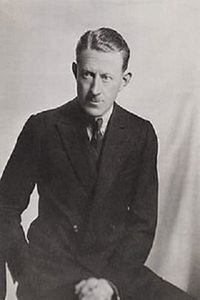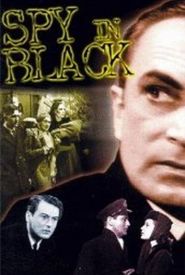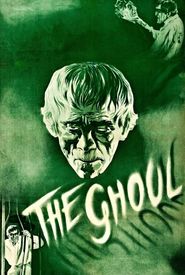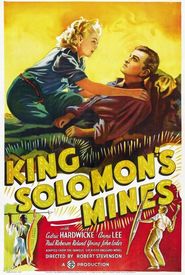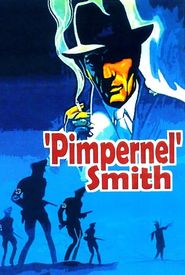Roland Pertwee, a multifaceted individual, was born in the vibrant city of Brighton, England, in the year 1885. Initially, he embarked on a career in the arts as a painter, earning a prestigious scholarship to attend the renowned Royal Academy School of Art. Despite his artistic endeavors, Pertwee's early attempts as a painter were met with disappointment, as several commissioned portraits received lukewarm receptions, ultimately resulting in the individuals refusing to compensate him for his work. This setback prompted Pertwee to redirect his creative energies towards the stage, where he found a sense of fulfillment and success.
As an actor, Pertwee had the privilege of working alongside notable thespians such as Charles Hawtrey and H.R. Irving, and he maintained a consistent acting career for several years. During this period, Pertwee fondly recalled, "I cannot remember any time when I was out of work." However, the outbreak of World War I forced Pertwee to pivot, and he joined the British Army, serving in France. While stationed abroad, Pertwee utilized his downtime to write several short stories, which he subsequently sent to various publications in England, earning him a considerable amount of money.
Upon his return to England, Pertwee continued to hone his writing skills, penning his first novel while recovering from wounds in a London hospital. Following the war, Pertwee's writing career flourished, as he dedicated himself to crafting plays, film scripts, serial novels, and short stories. One of his most notable achievements was the play "Interference," co-written with Harold Dearden, which not only resonated with English audiences but also received a successful Broadway production, courtesy of the esteemed impresario Gilbert Miller.
Roland Pertwee's life came full circle, as he passed away in London, England, in 1963, at the ripe age of 77, leaving behind a legacy that spanned both the stage and the page.
